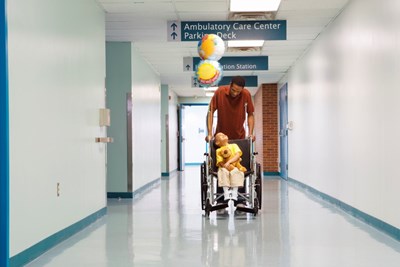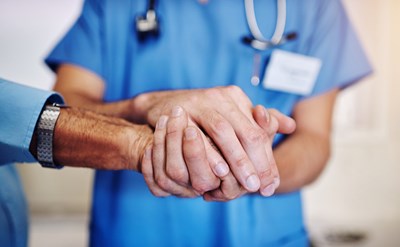It is important that families are prepared to send elderly, minors, or severely ill loved ones to the emergency room alone and without the option of family bedside contact or support. To prepare you and your loved ones for any unexpected for medical emergencies, the American College of Emergency Physicians (ACEP) developed a checklist of how to prepare. Although not exhaustive, following these steps will help better prepare you for the unexpected if you need to go to the ER.
- Store emergency numbers on all your phones, and make sure your children know how to call for help. Children should be able to call 911 (or local emergency number) and give his or her name, address and a brief description of the emergency.
- Organize your family’s medical information. Complete medical history forms on each family member and keep up-to-date copies in your home, car, first aid kits and wallet. Take the forms you need when you go the ER. Seniors should consider keeping this information in their refrigerators—emergency medical services staff know to look for this information there. This may also include past hospital records.
- Keep updated medical history forms that include information on medical conditions, allergies, medications and contact information for your doctors. Add In-Case-of-Emergency (“ICE”) entries to your cell phone address book. If you arrive in the ER unconscious, emergency staff will check your cell phone for ICE contact information.
- Wear medical jewelry if you have a chronic medical condition or allergic reactions to drugs it’s important that health care workers know upon your arrival to the emergency room. Allowing emergency health workers to easily access your medical records is very important especially when traveling to the hospital unexpectedly and alone.
- Establish a plan for transportation In a life-threatening emergency, call 9-1-1, don’t drive yourself. If you are able to drive, go to the closest emergency department. Don’t delay care by driving to more distant hospitals.
 American College of Emergency Physicians
American College of Emergency Physicians







